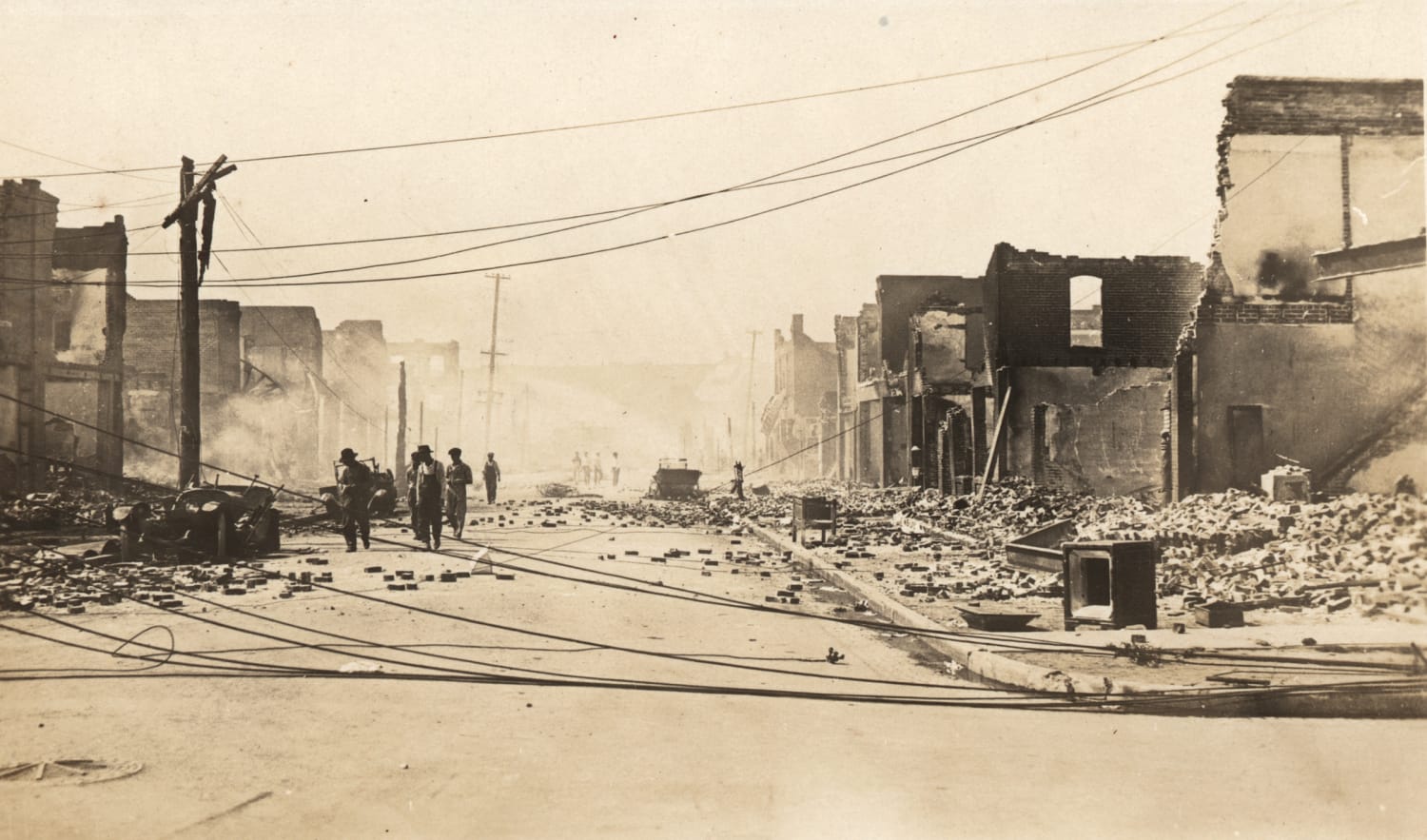
As he aged, the Wise Old Master had begun asking the same question to all who sought his insight. At some point, he would ask the seeker “what is your underlying fear?”
Such an interesting and powerful question! If viewed squarely and truthfully, it’s frequently uncomfortable, but almost always enlightening. I’m wondering if we all shouldn’t be asking that question to ourselves often these days.
So I return to our topic of last time – critical race theory (CRT), and particularly how it relates to education. And I’m brought to the murky intersection of facts, opinions, fears, and perspectives that I’ve encountered since then.
In that previous column, I confessed some unfortunate ignorance on the issue, and hoped to use that uncertainty to provide some early neutrality and to ask some general questions of a topic I know to be controversial.
Since then, here’s a little of what I think I’ve learned. “Critical race theory” is not so much a well-defined entity, as it is a catch-all phrase used for a broad academic/legal framework by scholars examining racism in our country and whether or not it is affected, even perpetuated, by various legal, policy, and educational structures along the way.
A timely question asked in this broad framework might be “why did so few of us even know of the 1921 Tulsa Race Massacre?” Those events are unquestioned facts of history, yet they were rarely mentioned in history classes.
The nebulous nature of the term CRT naturally opens the door to controversy and differences of opinions, but it also does something else: It makes it crystal clear that CRT is NOT anywhere near a “topic” that could somehow be taught in public schools. That view – expressed intentionally or not – is so misleading.
So my own first perspective/insight is that we may be asking the wrong question in education and certainly in politics.. Given the above, asking ‘should we teach CRT?’, is like asking ‘should we bottle sunlight?‘ Both things are impossible!
However, should we pay attention to scholars’ insights as we explain/teach our country’s history and its encounters with racism?’ That’s certainly going to yield different answers and interpretations in different circumstances.
 I guess I can’t see any harm in asking questions like “should the iron-clad facts & events in Tulsa in 1921 have been shared as part of our history? Should they be shared more often now?” Answers will undoubtedly differ from person to person, from educator to educator (and, unfortunately, from politician to politican), but can there be any harm in being aware and asking as we work to eliminate racism?
I guess I can’t see any harm in asking questions like “should the iron-clad facts & events in Tulsa in 1921 have been shared as part of our history? Should they be shared more often now?” Answers will undoubtedly differ from person to person, from educator to educator (and, unfortunately, from politician to politican), but can there be any harm in being aware and asking as we work to eliminate racism?
And, finally, as it relates to education, I guess I can see no harm in considering such questions as we continually grapple with what we should be teaching our future citizens in our social studies, citizenship, and history classes. If the answer to these questions is no, there was no harm in asking. If the answer is yes, there is plenty of harm in not asking.
I’m not foolish enough to believe that these views are universally shared. It’s obvious that there are folks who do see harm in asking these questions. (I have responses from them!) But, why? Perhaps the real question is not about CRT after all. Perhaps the real question is the age-old question from the Wise Old Master: Why are there people who do not want to eliminate hate/racism? What is their fear?
My own fear? That we’ve lost our oft-stated core belief that “all men (and women) are created equal”. Did we ever really share that belief?
Facts, fears, and perspectives. Can we still face them together, and respectfully? Can education help?
Comments are closed